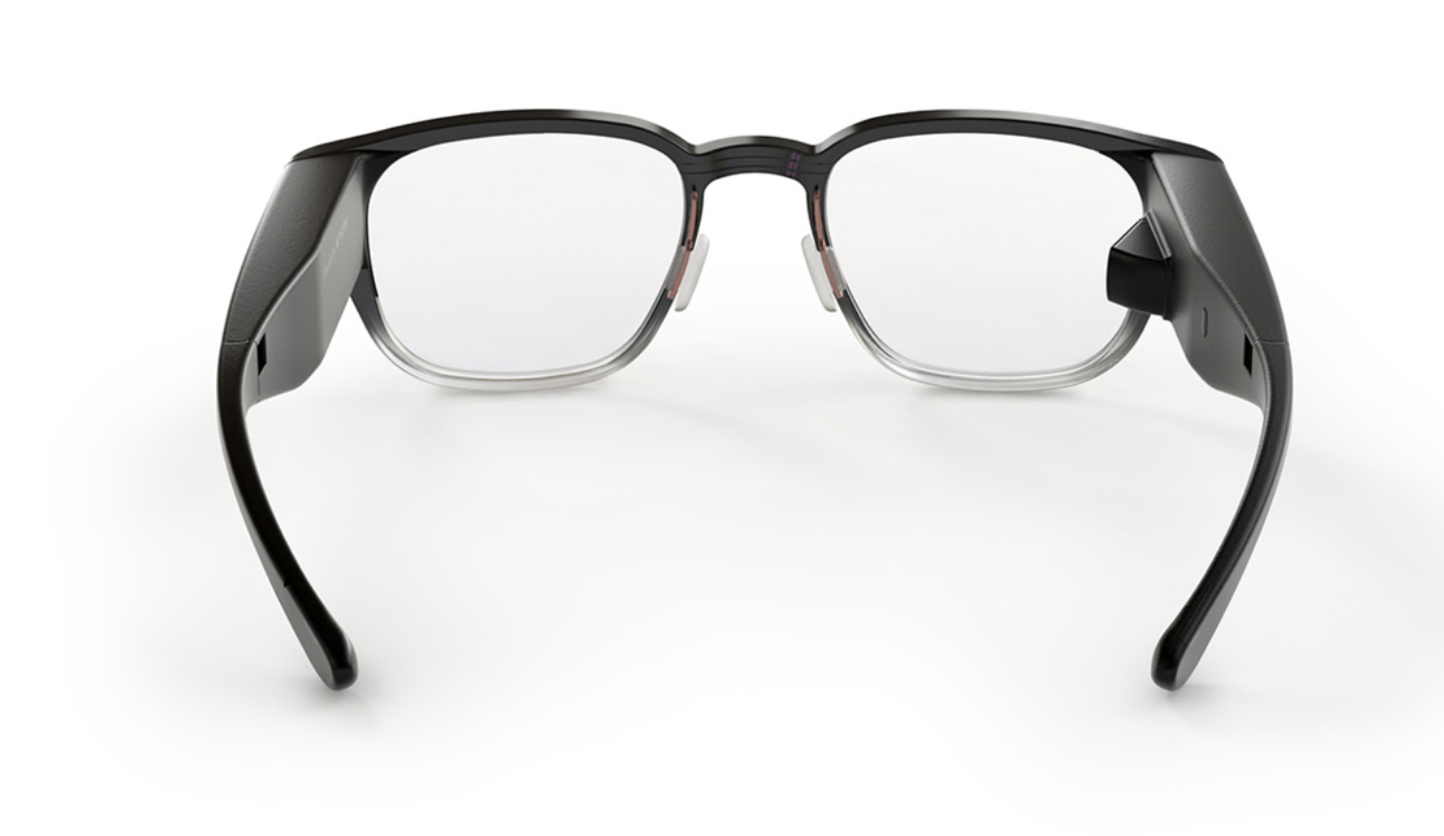Google confirmed today via blog post that it has acquired Canadian smart glasses company North, which began life as human interface hardware startup Thalmic Labs in 2012. The company didn’t reveal any details about the acquisition, which was first reported to be happening by The Globe and Mail, last week. The blog post is authored by Google’s SVP of Devices & Services Rick Osterloh, which cites North’s “strong technology foundation” as a key driver behind the deal.
Osterloh also emphasizes Google’s existing work in building “ambient computing,” which is to say computing that fades into the background of a user’s life, as the strategic reasoning behind the acquisition. North will join Google’s existing team in the Kitchener-Waterloo area, where North is already based, and it will aid with the company’s “hardware efforts and ambient computing future,” according to Osterloh.
In a separate blog post, North’s co-founders Stephen Lake, Matthew Bailey and Aaron Grant discuss their perspective on the acquisition. They say the deal makes sense because it will help “significantly advance our shared vision,” but go on to noted that this will mean winding down support for Focals 1.0, the first-generation smart glasses product that North released last year, and cancelling any plans to ship Focals 2.0, the second-generation version that the company had been teasing and preparing to release over the last several months.
Focals received significant media attention following their release, and provided the most consumer-friendly wearable glasses computing interface ever launched. They closely resembled regular optical glasses, albeit with larger arms to house the active computing components, and projected a transparent display overlay onto one frame which showed things like messages and navigation directions.
Around the Focals 1.0 debut, North co-founder and CEO Stephen Lake told me that the company had originally begun developing its debut product, the Myo gesture control armband, to create a way to interact naturally with the ambient smart computing platforms of the future. Myo read electrical pulses generated by the body when you move your arm and translated that into computer input. After realizing that devices it was designed to work with, including VR headsets and wearable computers like Google Glass, weren’t far enough along for its novel control paradigm to take off, they shifted to addressing the root of the problem with Focals.
Focals had some major limitations, however, including initially requiring that anyone wanting to purchase them go into a physical location for fitting, and then return for adjustments once they were ready. They were also quite expensive, and didn’t support the full range of prescriptions needed by many existing glasses-wearers. Software limitations, including limited access to Apple’s iMessage platform, also hampered the experience for Apple mobile device users.
North (and Myo before it) always employed talented and remarkable mechanical electronics engineers sources from the nearby University of Waterloo, but its ideas typically failed to attract the kind of consumer interest that would’ve been required for sustained independent operation. The company had raised nearly $200 million in funding since its founding; as mentioned, no word on the total amount Google paid, but it doesn’t seem likely to have been a blockbuster exit.
In an email to North customers, the company also said it would be refunding the full amount paid for any Focals purchases – likely to defray any complaints about the end of software support, which occurs relatively soon on July 31, 2020.

